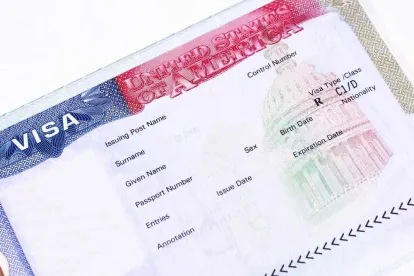On March 9, 2021, the U.S. Department of Homeland Security (DHS) announced that the Biden administration would no longer enforce the 2019 public charge rule implemented by the Trump administration.
DHS Secretary Alejandro N. Mayorkas stated that the 2019 public charge rule was unfair to individuals who “access health benefits and other government services available to them” and “was not in keeping with our nation’s values.” Further, Secretary Mayorkas said that additional reforms would be evaluated and implemented as the Biden administration seeks to improve the legal immigration system in the United States.
Following this announcement, U.S. Citizenship and Immigration Services (USCIS) noted that applicants seeking lawful permanent resident (i.e., green card) status are no longer required to submit Form I-944, Declaration of Self-Sufficiency, and the related supporting materials with their applications. In addition, USCIS stated that it would immediately cease “applying the [2019] Public Charge Final Rule to all pending applications and petitions.” Instead, USCIS will revert to the 1999 interim field guidance and only apply the public charge inadmissibility provision. The reversion to prior policy means the “public charge” ground of inadmissibility applies only to persons who might become “primarily dependent” on designated state and federal programs for more than half of their income or support. USCIS will also no longer apply the “public benefits condition” to applications or petitions for nonimmigrant extension and change of status filings.
If an applicant has received a Request for Evidence solely related to the public charge issue, a response may not be required. Applicants may want to carefully review such requests.




 />i
/>i

